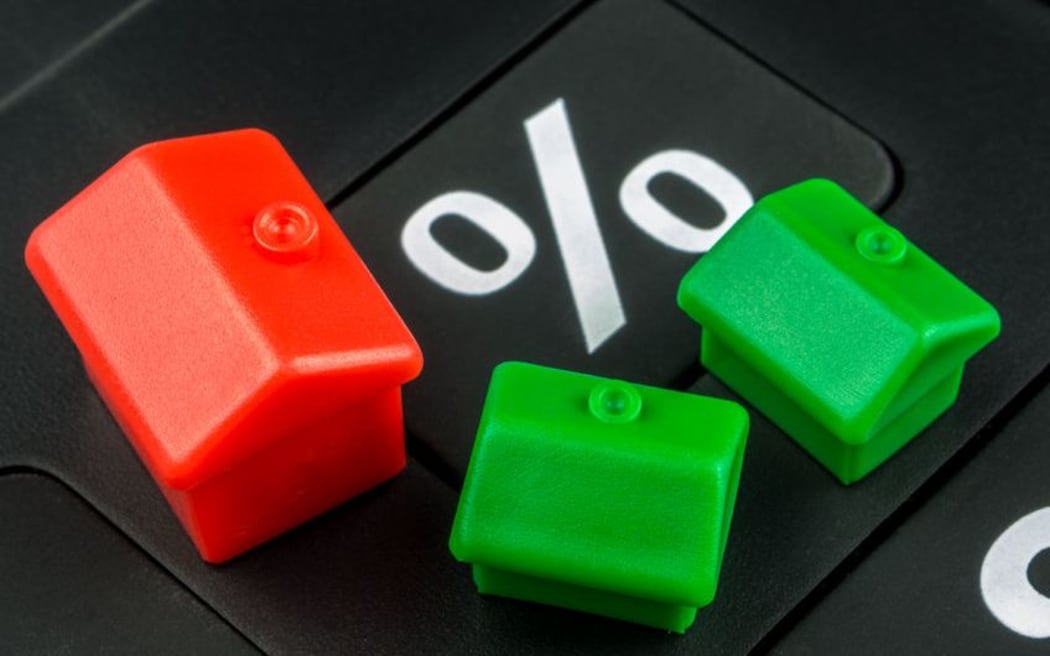New Zealand borrowers are set to pay higher interest rates as a consequence of the US Federal Reserve's decision to raise its rates and the prospect of a more aggressive tightening of policy in Washington next year.

Photo: 123RF
The US central bank's interest rate rise, the first in a year and only the second in a decade, was not unexpected but its forecast of three increases next year and in each of the following two years was stronger than expected.
The rate rise pushed up rates in the US and came with "a little more hawkish messaging than was expected by the market," said AMP Capital fixed income portfolio manager Warren Potter.
"That has fed through to wholesale rates here in New Zealand."
Interest rates had already been rising on global markets as lenders price in heightened risk from events such as Brexit and the US presidential election. New Zealand's big banks had also been forced to go overseas for money because local investors were not depositing money in low interest rate accounts and term deposits.
Mr Potter said at the margin the Federal Reserve's rate rise would flow through to New Zealand retail rates.
"As wholesale rates drift higher that means local banks will have to pass that on in the form of higher mortgage rates."
Auckland mortgage broker Christine Lockie, of Loan Plan, expected the cost of fixed rate loans of two years and longer to start rising.
"It's not a bad time to start looking at fixing or perhaps breaking existing fixed rates and looking at longer fixed rates while they're still relatively low."
She said if the Federal Reserve did raise rates as quickly as signalled, it might lead to a rapid rise in local rates.
Meanwhile, Westpac Bank acting chief economist Michael Gordon expects the Reserve Bank of New Zealand will be pleased to see the Federal Reserve finally getting into action. Higher rates in the US would lift the American dollar and that would gradually lift import costs and get inflation back into the RBNZ's 1-3 percent target band.
Mr Gordon said the RBNZ was also likely to feel more comfortable about leaving its own cash rate unchanged at 1.75 percent for a protracted period - perhaps well into 2018.





